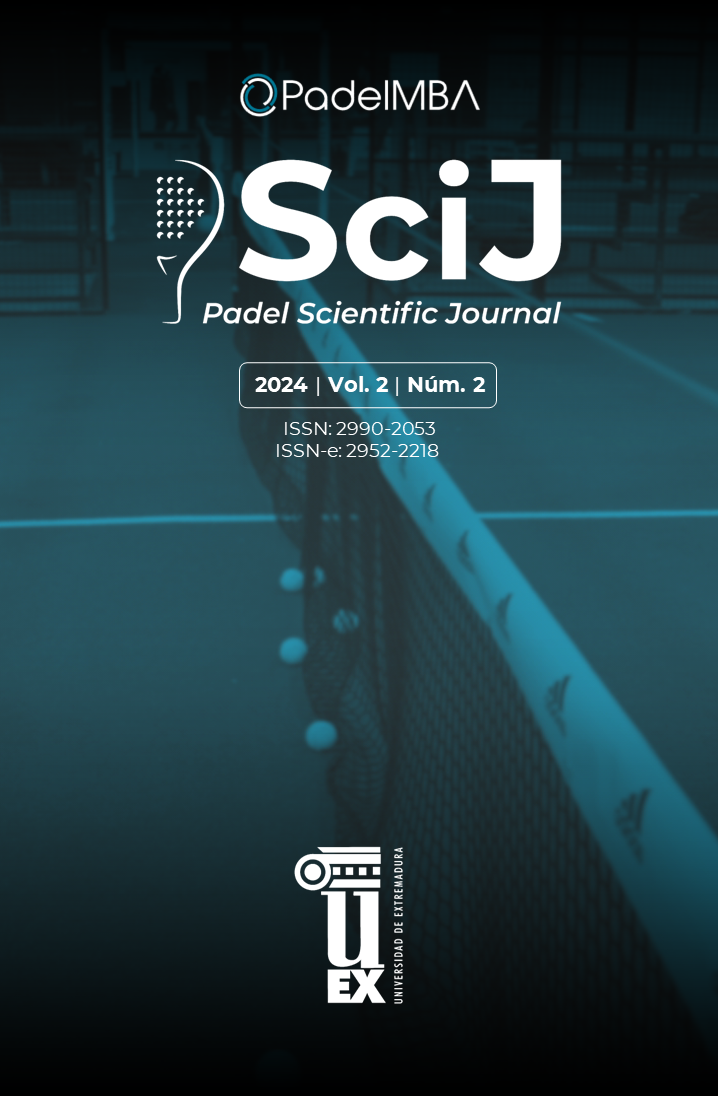Pickleball teaching unit from the Constraints-Led Approach: What effect does it have on the learner compared to other perspectives?
DOI:
https://doi.org/10.17398/2952-2218.2.199Keywords:
Physical education, complexity, constraints, Racket sports, pickleballAbstract
The current secondary Physical Education curriculum understands the sports dimension as a way of perfecting the execution of motor skills, both from a technical point of view and from a correct application of the skills in a real game situation. Unfortunately, there is a tendency to teach basic technical movements in a decontextualized way. This makes applying them effectively in a competitive situation difficult due to the many variables that condition the game's actions. For this reason, more and more teachers are incorporating other game-centered models, which seek to understand tactical principles to leave technical elements to one side and focus on improving decision-making and tactical awareness for problem-solving. However, these models have limitations that can be complemented through the Constraints-Led Approach (CLA) model, a methodological approach attuned with the conceptual framework of complexity sciences. This study aims to test the effects of the CLA methodology and compare them with those of using the traditional model and the comprehensive model of motor skills acquisition (TGfU) in a learning situation (LS) of pickleball in secondary physical education. Four groups of 2n ESO with 80 students of 2nd ESO of the IES Joan Oró of Lleida participated. A 2 vs 2 real game situation was recorded in the first and last session to check the evolution of the learning acquired throughout the LS. A self-efficacy scale was created for data collection, and an instrument was adapted to record all the game’s actions. To analyze them, the normal distribution of each variable was checked, and based on the results obtained in the normality test, the parametric Student's t-test for related samples was used with a significance level of p< 0.05. Results showed that the TGfU and CLA groups presented significant improvements in at least some of the observed variables in contrast to the group that was approached from a traditional model. The data suggest that using game-based methodologies enhances the learning of motor skills in Pickleball.











